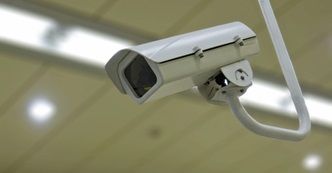Bihar is bringing a new public surveillance law to enable the government to better crime control, provide additional security to the people and public property, maintain public order, keep a visual record of criminals and foster an environment of safety.
It also intends to improve “preventive policing” to deal with terrorist attacks and other security threats, check the crime rate and illegal activities, help in the investigation, collect scientific evidence, and aid in prosecuting criminals.
The state government circulated its draft — Bihar Public Safety (Measures) Enforcement Bill, 2024 — in the Legislative Assembly and Council. The cabinet approved the bill.
Putting forward the aims and objectives of the bill, chief minister Nitish Kumar said: “Public assistance and participation is necessary for the state government to become capable in the public surveillance system for crime control and maintaining a security environment.”
“There is a need to enact the Bihar Public Safety (Measures) Bill, 2024 to install CCTV cameras and other security-related equipment at installations, commercial centres, hospitals, hospitals, banks, religious places, educational institutions, sports complexes, railway stations, bus stands and other places in the state,” Nitish added.
Installations mean any place where several people come and go and there is a possibility of public gathering. It will also include residential apartments and any other place or institution notified by the state government from time to time.
According to the bill, the owners of institutions in the state will have to install public surveillance systems, including CCTV cameras, at their own cost and will have to provide at least 30 days of video recordings to authorised police officials and law enforcement agencies. The onus of installation and maintenance of the surveillance systems will be on the owners, and any failure to do so will attract penal provisions and fines.
The state government will form public safety committees, which will identify the
installations or institutions that will come under the ambit of the proposed law. It could also constitute sub-committees to ensure its better implementation








